
MD: First of all, congratulations on the album, Histories Greatest Battles, Campaigns and Topics. You want to give a little background on it for anybody who’s not aware of what the concept is?
J. Rawls: Basically it’s my first instrumental album and I just kind of infused it with history because [that's] one of my favorite subjects – actually history is my favorite subject. I basically made the titles and some of the inferences in the songs historically based, so its a little bit of like KRS ONE used to talk about, Edutainment, you know?
MD: How long have you been working on it?
Rawls: It took me about a couple months really to put it together and come up with the concepts and formulate it. I took my time with it.
MD: How’d you hook up with Female Fun?
Rawls: I’ve known Peter [Agoston] for a long time. He interviewed us, The Lone Catalysts, for URB Magazine a few years back and we just stayed in touch.
MD: The album obviously has political and historical aspects, did you have that in mind as something to do for a long time?
Rawls: No, I just was trying to think of a concept and, like I said, history is my favorite subject and for me that was a no-brainer. I hit him with that and the crazy thing is it came out right when the war was popping off and all that. None of that was intentional, it just kind of happened.
MD: As I was listening to it, I was wondering if 9/11 and the current war situation had any influence on the album.
Rawls: No, not too much. I mean, except for on something like [the song] “America, Fulfill Your Promise,” I guess it was always funny to me, but the thing [is] it’s just America, I could have said that before [the war] happened – I mean I did actually. I wasn’t really thinking of 9/11 and I didn’t know that we [were] going to go to this war or whatever, but America, we’re always dabbling in other things and not worrying about what’s at home. We’ve got so many problems at home we need to deal with first I think.
MD: What are your thoughts on what’s going on with the war?
Rawls: War is a necessary evil. I wasn’t particularly in support, but I’ll always support the troops, so if he’s going to put some troops over there, I’ll always support them. I know people over there and I’m sure you or anybody reading knows somebody who’s over there, so you’ve got to support them, you know? And I understand Hussein is a tyrant or whatnot. It’s kind of interesting about history because [it] kind of repeats itself, like if we had maybe intervened with Adolf Hitler maybe there wouldn’t have been a World War II. He was doing pretty much the same thing except he was taking over countries.
MD: As an artist, do you think you have a responsibility to take a stance on this sort of thing or make your opinion known?
Rawls: Not necessarily. I think that every artist, if they want to, should definitely mention how they feel about it or take a stand one way or another, but you know nowadays people aren’t really looking for that and to be honest with you I miss that. I miss the days of like Brand Nubian or [artists] like that where they would mention something that would make you want to go research it and find out what the heck [they're] talking about, you know what I mean? Nowadays there’s really nothing to research. And music is supposed to be fun, don’t get me wrong, but sometimes it’s nice to hear jewels in there as well.
MD: Tell me about how you broke into music and how you decided to become a musician.
Rawls: I’ve been doing it for a long, long time. I started out beatboxing and emceeing and then eventually making beats. When I got down to UC I met J. Sands, Five Deez, Mood, Hi-Tek, and then they introduced me to Kweli – he came into town and I met him. So I had known him awhile and eventually [he said] “Send me some beats, I got this project coming” with Mos [Def] and I was like “all right.” I gave him some beats, [but] they didn’t pick any of the regular beats, they picked one that was an interlude and it eventually turned out to be “Brown Skin Lady” on the Black Star album. That was interesting. That’s really how I got my hand into it. From there me and J. Sands started up B.U.K.A. Entertainment and started doing our own thing and trying to just put things out, get out there, and get everybody into our music.
MD: You’ve been in Columbus your whole life?
Rawls: Yep, except for when I lived in Cincinnati for college.
MD: Did the city have any influence on your music? How was it like growing up there?
Rawls: It was cool man. Columbus is real conducive to raising children and that’s partly why I’m still here. It’s really good, not really that much crazy stuff going on. As far as me making music, it just gave me the opportunity to really concentrate. I didn’t have to worry about anything too bad or anything.
MD: You’ve toured and traveled a lot, any favorite places?
Rawls: Europe period. I haven’t been to Japan yet, but I love Amsterdam. I love Cologne; it’s got a good vibe to it. I just love to travel period.
MD: How often do you get to go out on the road?
Rawls: It varies. Sometimes we’re touring every weekend of one month and then the next month we don’t have anything, you know? It comes in spurts.
MD: Any stories from the road you want to share?
Rawls: Nothing I can think of off hand. A funny story was the last tour we did with the Five Deez, Grand Agent, [and] Declaime, [the] Superrappin Tour in Europe. That was my first tour and everyday was funny. The Five Deez are some silly guys man, we just kicked it and tripped out everyday. It was real good.
MD: You’ve worked with a lot of different artists, Five Deez and Black Star you’ve mentioned already, is that something you want to continue with, working with other people? Because it also seems that from the names you’ve worked with, it’s a diverse group.
Rawls: Yeah definitely. That’s definitely something I want to continue. I love working with different artists doing my thing, so I’ll definitely keep doing that.
MD: The last song on the new album is an R & B track with Tavaris; is working outside of Hip-Hop something you want to pursue?
Rawls: Yeah I do. I’ve been working with Tavaris for years, but I never had the right avenue [for him] to come out, so I’m going to try to do more with [him]. We actually just recorded a new song today; we’re going to hit you with that real soon. You have to grow eventually; I want to try different things. I’ve been talking to Spinna, like how he has the house [music] and everything, and he was telling me how diversity has helped his portfolio. I’d like to have the same type of feel.
MD: What would be your dream collaboration?
Rawls: I don’t even know man. I’ve said in past interviews I’ve always wanted to work with Common, but it’s just a lot of different cats. I don’t know man, really, at this point I’d work with anybody that’s creative, signed or not. I like working with new cats that’s hungry and [on] a different vibe, you know what I’m saying? Those guys really, really want it.
MD: Who would you say is your biggest musical influence?
Rawls: I’m definitely a big fan of Cal Tjader, Roy Ayers – I love [their] vibes. Lately I’ve really been feeling other producers like Thes One, Madlib, Fat Jon, Jay Dee – that’s really who I’m rocking right now. Jaylib and Madvillain stuff, I’m into that.
MD: Your process of composing a beat, is there a certain way you like to work?
Rawls: Not really. I’ll be cleaning up or doing something and just put a record on and listen to it and just come up with something like that. “Oh snap, I like that little piece” or something like that, that’s really how I do it. Just kind of the relaxed way.
MD: On the Lone Catalysts album Hip Hop, there were a couple of interludes that stood out for me. One was a phone conversation about a show you guys were going to do with Kool G Rap that you turned down because you wouldn’t be getting paid. Is that something you have to deal with a lot?
Rawls: Not as much anymore, but back when we made that album, hell yeah (laughs). I mean, we did a lot of shows where we didn’t get paid. Like Jermaine (Sands) was saying [on the interlude], he had to take a couple days off work, so we had to weigh our options man. We did a lot of shows like that. That’s the way it was. We toured with Lyricist Lounge man and didn’t get a dime. We didn’t get gas money for the rental – we didn’t get anything. It’s just part of getting your name out there. It’s part of the work.
MD: I think a lot of people don’t understand how much work is involved on the come up.
Rawls: Heck yeah! Exactly. That’s one of the best ways [to put it]: On the come up, there’s tons of work and a lot of times, it looks sweeter than what it really is, you know what I’m saying? We did shows with Slick Rick or Cocoa Brovaz or whoever and they was getting paid to knock and we wasn’t getting anything man. It’s like that. That’s the way it is.
MD: The other interlude or skit that stood out to me was a dinner date that Sands was having that he had to leave early to go to the studio. Is that also a big issue you have to deal with, time constraints?
Rawls: Definitely because you know, anybody that has a woman knows that a woman wants your time – that’s the most important thing to her. She wants your time and anybody that does music knows that this takes up a lot of time and there is no set time limit when you’re in the studio or whatever, you know what I mean, it always goes over. Always. Every time. So, I mean, you’ve got to deal with that, you’ve got to find you a wifee that understands and supports you.
MD: Was it hard finding a balance between having a job, a girl, and doing music?
Rawls: Yeah. It’s super tough. Super tough. The toughest thing probably was balancing the job and being a father and music for me, but then that’s when I worked as a computer programmer in corporate America. This year I became a teacher and that works out a lot better for me because I be getting a lot more holidays and time off to do Hip-Hop.
MD: As you’ve come up and made a name for yourself, have the time constraints increased or do you find it easier to get work done?
Rawls: No, it hasn’t gotten easier, definitely hasn’t gotten easier. It’s hard to get more work done, but what’s gotten easier is getting shows or always finding another way to help support your family. That helps.
MD: You’ve been in the business for a long time, what would you want to pass on to others just getting into it?
Rawls: Number one: Never give up. I know a lot of cats that’s been really trying and some of them gave up, some of them never made it. But some of them have made it a lot bigger, you know, like RJD2 for instance. I remember when he was just a name, I just heard about him, and now he’s the like biggest thing since sliced bread.
MD: He’s doing Saturn commercials and stuff like that.
Rawls: Yeah, exactly. He hustled and he never gave up and he had a supportive crew, the MHz. It can happen, you’ve just got to keep trying. But the important thing to me: Learn the business. These cats come out here, they just want to rap or grab the mic man, it does you no good if you don’t know or understand the business. Learn about publishing, learn about copyright, learn about royalties, learn about recouping, learn about everything, you know, as far as like paying for samples – anything. I think the important thing that people skip is actually learning the business.
MD: What’s the saying, “The music business is 5% music, 95% business”? I guess you must have seen a lot of guys gets screwed over or jerked around.
Rawls: Yeah, many times.
MD: Getting off the business side, what are you listening to right now? What’s in your rotation?
Rawls: Um, right now I’ve been listening to PUTS, The Lone Catalysts’ new album Good Music, that’s pretty much it. The new Jay Dee, that kind of thing.
MD: All-time, what are your favorites?
Rawls: Oh man, who knows man? (Laughs) Pretty much “T.R.O.Y.” is my favorite song, Nas’s first album (Illmatic) is definitely always loved. The Tribe album, Midnight Marauders is one of my favorites. Oh, you know what else is in my deck? That Joe Buddens “Pump It Up” – that’s nice. I was in New York last week [doing] a show with Kweli and Slice was playing it all night, so it got in my head. Then we went to the club and they played it all night. But it’s a hot one; they use that “Scenario”: Doom-doom-doom-doom-doom-doom-doom!
MD: How often do you listen to the stuff you’re doing?
Rawls: Not that much, except to analyze it, you know what I mean? Like to figure out what I need to do to get better, that kind of thing. But when I want to just listen to music and relax, I’ll listen to somebody else really.
MD: So you never just sit back and put in your own CD and just…
Rawls: You know what, I did it today. I was cleaning up and I listened to Hip Hop, the Lone Catalysts’ first album all the way through and that was cool. But I’ve never done that before (laughs).
MD: Is that something you might do more often?
Rawls: I may. I doubt it though – I just don’t do that. When we first make the album I’ll do that, listening for “Oh, okay, this needs to be turned down” [or] “Oh we’ve got to fix this.” You know that kind of thing.
MD: I guess during the production you’re listening to it over and over again.
Rawls: Exactly.
MD: In five years, where do you see yourself and the Lone Catalysts?
Rawls: Hopefully we’ll be at the next level. I’d like to be DJing clubs and stuff like that more, be behind the scenes for someone about to blow. Like Jermaine said, he doesn’t see himself rapping forever and we’re going to get older, so we want to be behind the scenes, running the company more.
MD: Where do you see the Columbus scene going? It seems to be growing with a lot of artists coming out of there.
Rawls: Yeah, it is growing big time. It’s pretty dope out here man, cats have a lot of confidence because so many artists from Columbus have come out and made things happen.
MD: Where do you see Hip-Hop going in the future?
Rawls: You know that’s a good question. Hopefully, it will still have elements of the old stuff because personally I’m a sampling artist and I hope that never ever just totally goes away.
MD: What do you think of the state it’s in right now?
MD: What did you think of Emmitt Smith retiring?
Rawls: Oh man, he should’ve did that a couple years ago. I know he’s trying to break records and stuff, that’s cool, but it’s time.
MD: You said you’re not a basketball fan, but being from Ohio, what do you think of LeBron James?
Rawls: Oh yeah yeah yeah, I’m a basketball fan that much. I’ve been to see him a couple times and you know I’m just sitting there watching [him] before he gets rich. From what I’m hearing he’s already paid! (Laughs)
MD: Do you think he’ll make it or is it too much hype?
Rawls: I hope so man. I mean he’s good. The only thing that’s going to mess him up is if he gets the big head too fast. He’s going to get to the pros and yeah, you was good in high school man, but these dudes are the pros and there’s a reason that they’re the pros. So I just hope he realizes that and tries to learn and doesn’t try to teach.
MD: You doing any production on that?
Rawls: Yeah, I did a couple joints, definitely. And Histories Greatest Battles, Campaigns and Topics, J. Rawls’s instrumental. Pick that up at HipHopSite.com.
Comments
No Comments
Leave a reply
- Raekwon Sets A Release Date For “F.I.L.A.” Album
- BUSH: A Snoop Odyssey Produced By Pharrell Williams [Preview]
- Drake – “If You’re Reading This It’s Too Late” Surprise Album on iTunes Now
- Action Bronson “Mr. Wonderful” Cover Art and Tracklist
- Juicy J “Blue Dream & Lean 2″ Mixtape Cover Art & Release Date Revealed
- MF Grimm “MF Love Songs” Cover Art + Tracklist
- Lord Hakim – “Brass Knucklez” (feat. Vast Aire & Phizz Ed)
- IAMSU! – “Hella Good” (feat. Tyga)
- DJ Kay Slay – “I Declare War” (feat. Styles P, Sheek Louch, Vado, Raekwon, & Rell)
- Maverick Sabre – “We Don’t Wanna Be” (feat. Joey Bada$$)
- Cannibal Ox – “Blade: Art of Ox” (feat. Artifacts & U-God; prod. Black Milk)
- Asher Roth – “Blow Your Head” (prod. Nottz)
- It's Time To Say Goodbye...
Commented on by Yungplex - It's Time To Say Goodbye...
Commented on by geedubbleyoo - Fat Trel - "In My Bag" (feat. Wale)
Commented on by Katae - Kanye West's "Runaway": What Does It All Mean?
Commented on by fidgar - Sole Vs. El-P: Part One - Sole
Commented on by Reno Yakavetta - It's Time To Say Goodbye...
Commented on by Atom
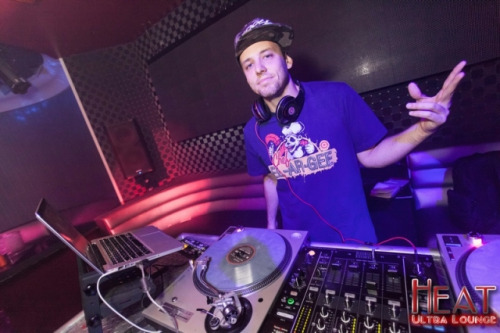

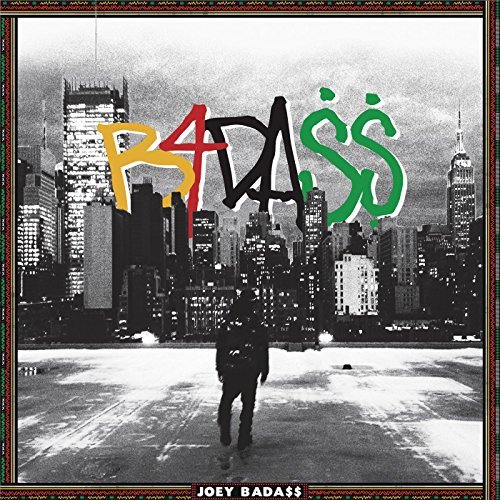
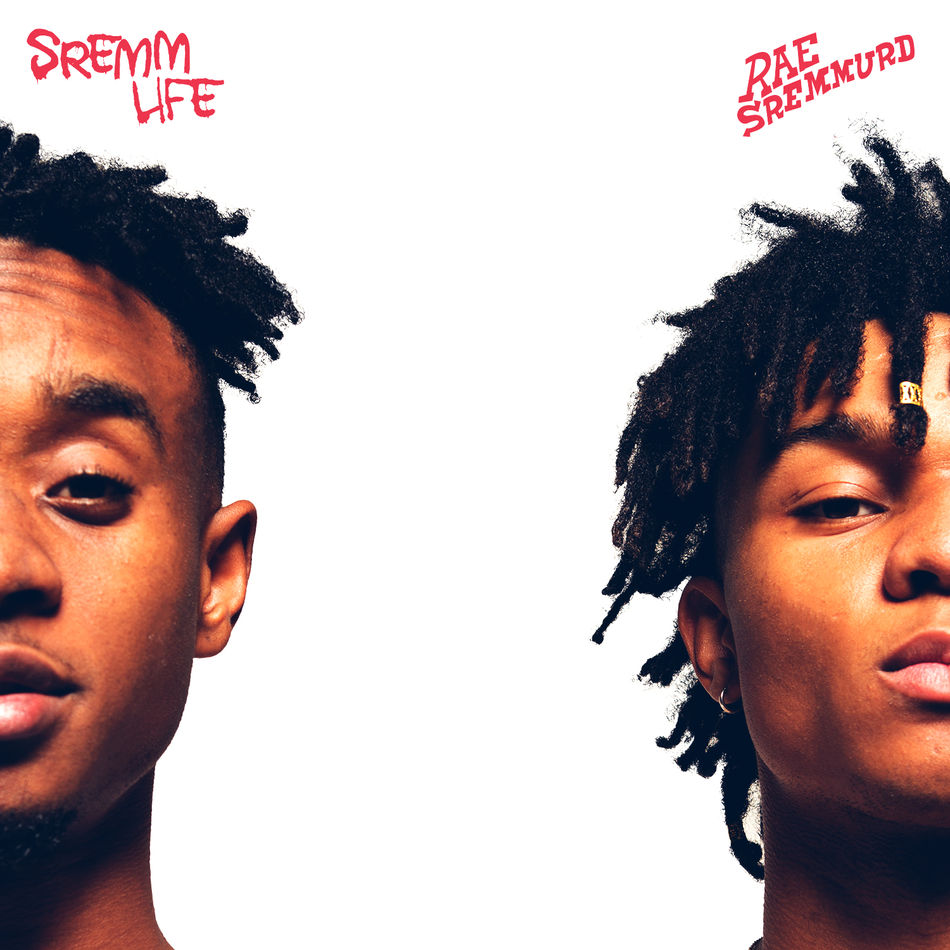
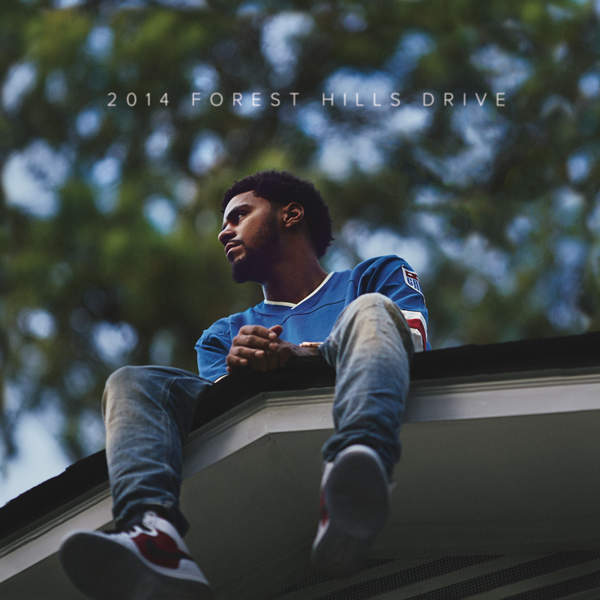




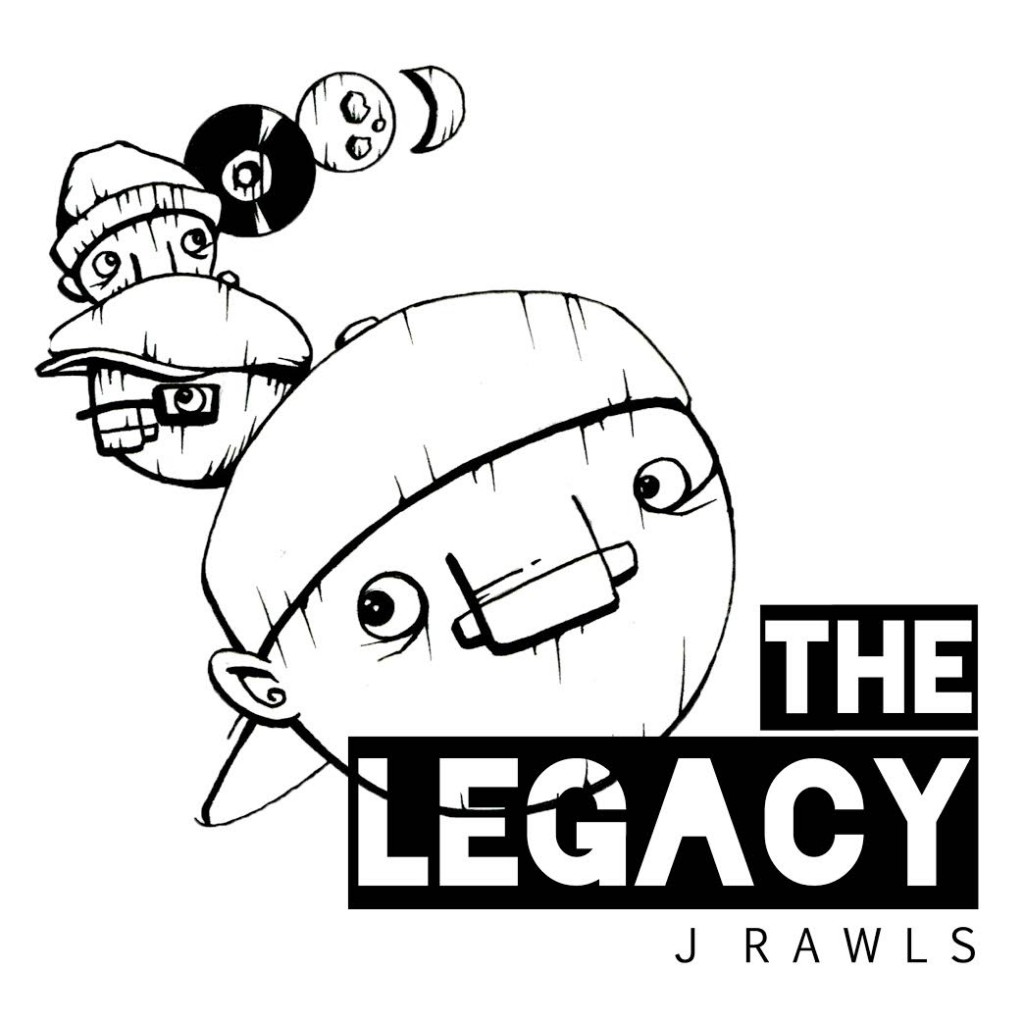

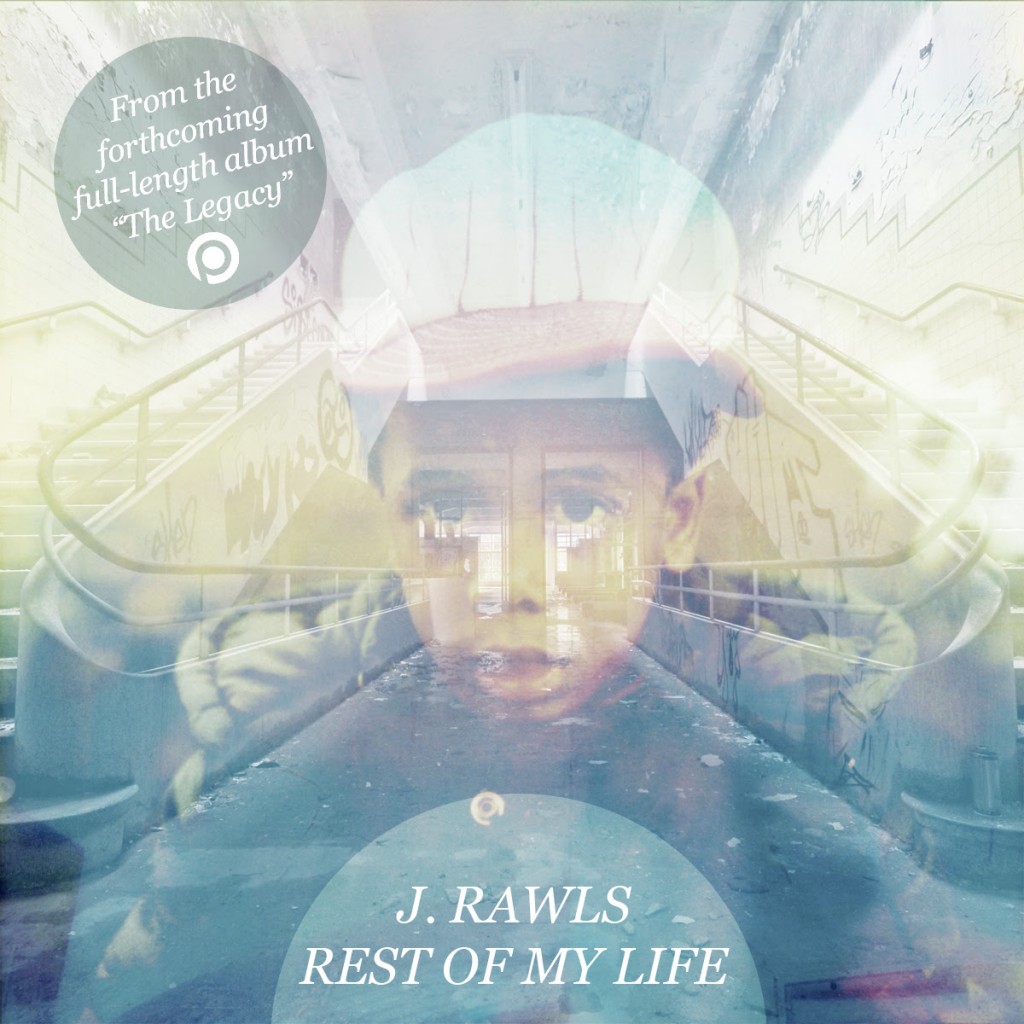
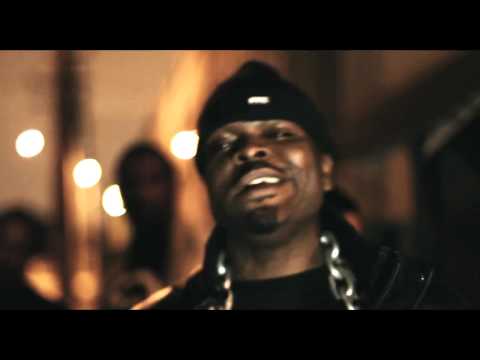

 Mixtape D.L.
Mixtape D.L.
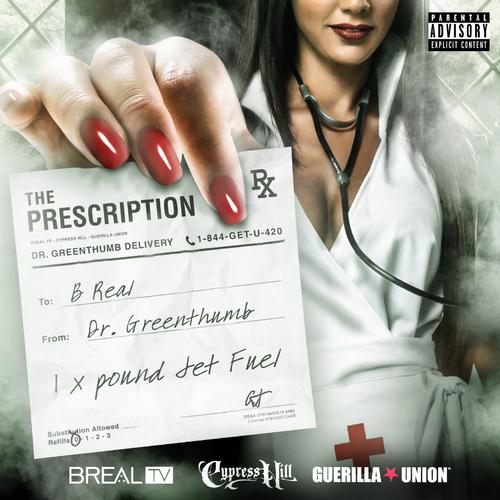

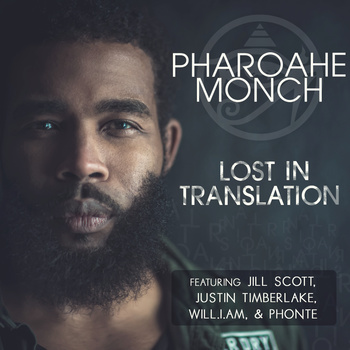

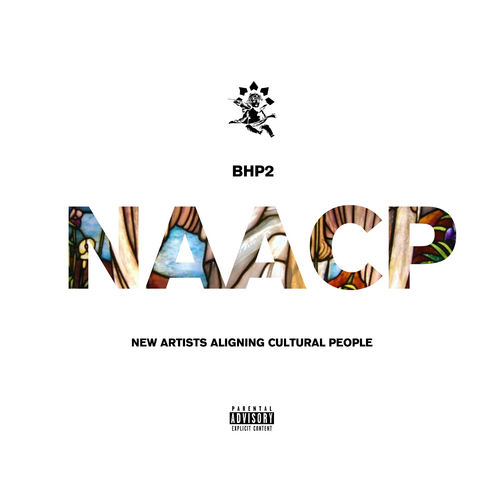
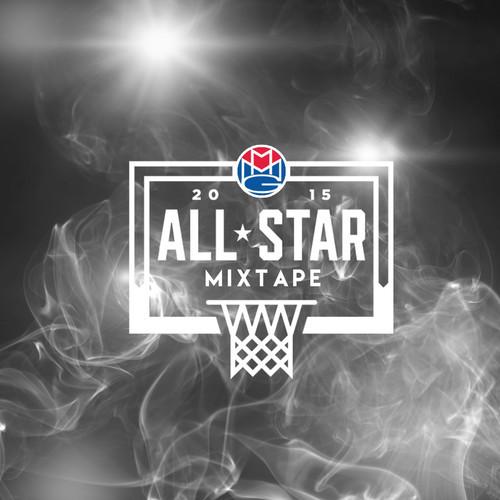
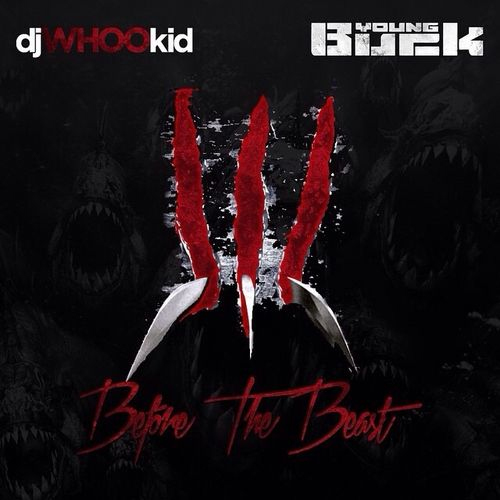
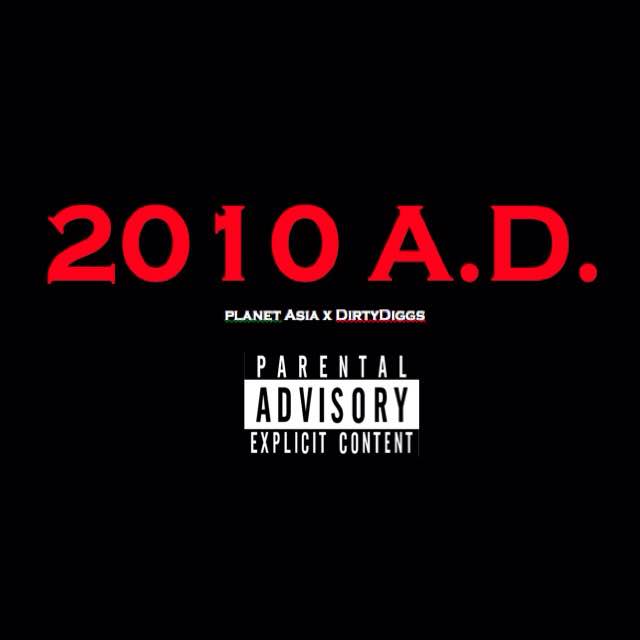
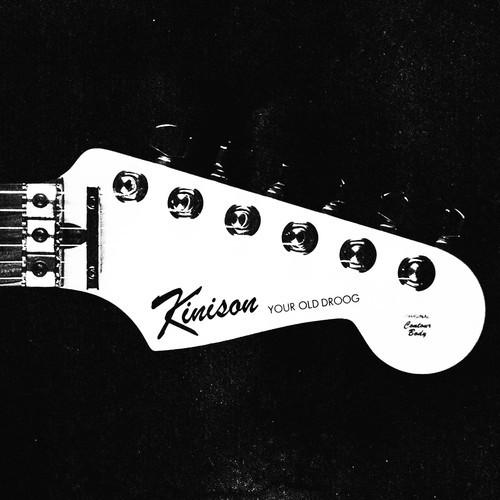
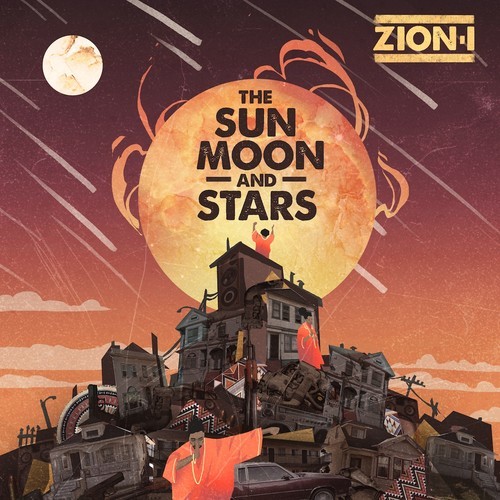

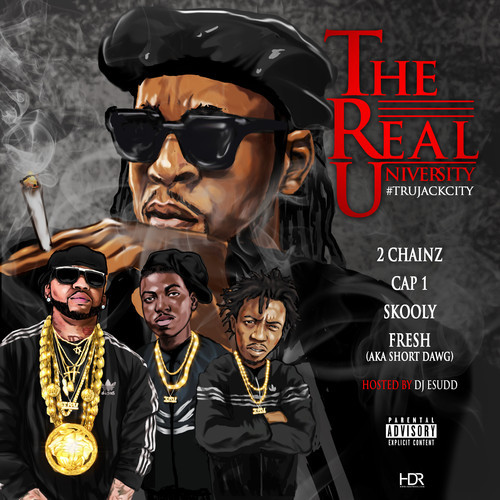
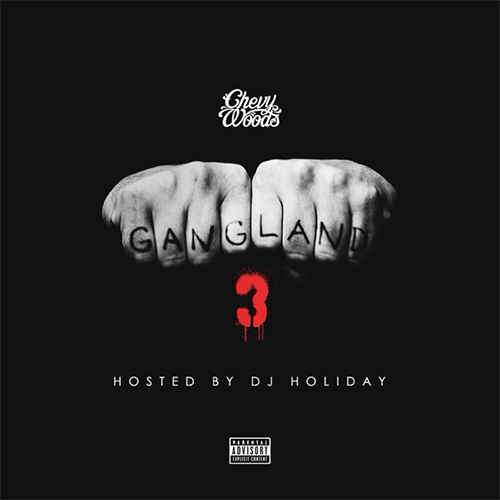
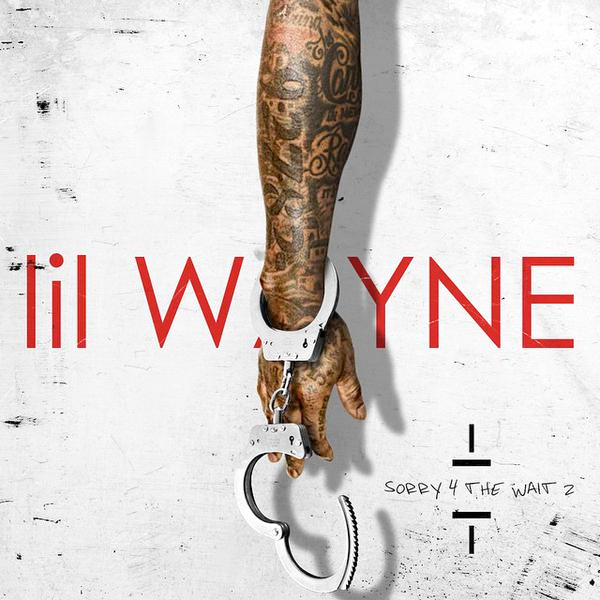
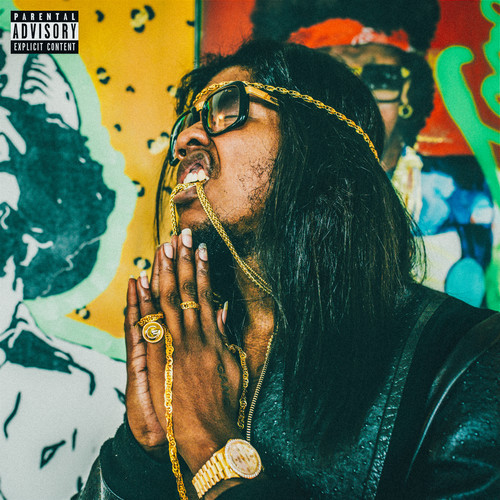





16 May, 2003@12:00 am
0 comments